Aquaculture Round Tank with Steel Frame: 500 Million VND Profit per Batch
A standout model of super-intensive shrimp farming using round tanks with steel frame has been successfully implemented by Tran Van Trieu, a farmer in Don Xuan commune, Duyen Hai district. Trieu, after learning from agricultural officers and visiting successful farms in Bac Lieu province, invested 1.5 billion VND to upgrade and construct 2.5 hectares for super-intensive white-leg shrimp farming in Round iron-frame ponds.
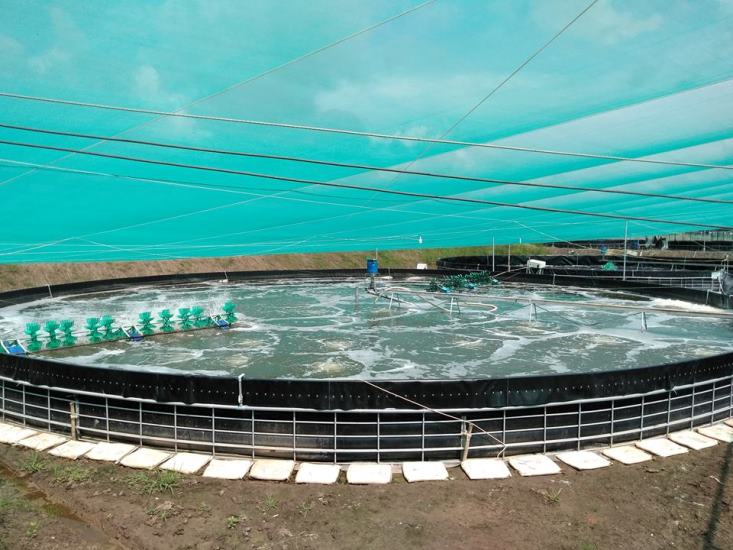
His system includes 4 grow-out ponds (500 cubic meters each) and 2 nursery ponds (120 cubic meters each). The round tanks are equipped with HDPE liners, aeration systems, and the necessary machinery. Trieu's setup also includes two ready ponds covering 2,000 square meters, a 100-square-meter waste pond, a 20-cubic-meter biogas treatment pit, and 2 hectares of sediment ponds. In these sediment ponds, tilapia are stocked to help manage waste and improve water quality during farming.
Trieu stocks shrimp at a density of 300 shrimp per square meter in 3 of the grow-out ponds. The average harvest over two farming cycles (each lasting 115-120 days) yields the following: a survival rate of 83-100%, a productivity of 53-59 tons per hectare, an average size of 26.5-28 shrimp per kilogram, and a profit of 500 million VND per batch.
Super-intensive farming in round tanks with a steel frame lined with HDPE liner offers several advantages: easier shrimp management, better control over environmental factors, and more stable water quality indicators. Regular use of probiotics throughout the process minimizes environmental pollution and promotes healthy shrimp growth.
These round tanks with steel frame can be quickly assembled and relocated if needed. They reduce the size of the farm while still raising large shrimp, decreasing losses, minimizing risks, and shortening the farming cycle. Additionally, waste collection is simplified, with shrimp shells and waste being utilized in biogas systems to create fuel, thus minimizing environmental pollution.
Source: Dan Viet
Ngày đăng : 19/09/2024
2660 View
Other Articles
Indian shrimp pivot to the EU, increasing competitive pressure on Vietnam
Indoor shrimp farming in Europe: Investment challenges and the race to find a viable model
Shrimp production surged in the first month of the year, with exports benefiting from strong demand during the Lunar New Year holiday
Quang Ninh Accelerates Digital Transformation in Shrimp Farming, Rising to Lead Northern Vietnam
Lucky money is not just about cash — it’s Aqua Mina’s wish for a worry-free farming season for our valued customers
Việt Nam's top 10 seafood exporters command nearly one-fifth of industry revenue
Ca Mau Maintains Its Shrimp Brand in International Competition
VIETSHRIMP ASIA 2026 & AQUACULTURE VIETNAM 2026 – A TURNING POINT FOR THE MODERN SHRIMP FARMING INDUSTRY
Ecuador's shrimp industry educational program SustainED kicked off its 2026
An Giang will start raising brackish water shrimp as early as the beginning of 2026
Aqua Mina conducts the on-site installation of two aquaculture air blowers | Ceramic Ball Bearing – 15 kW – 25 kPa for a customer in Quang Ninh
Towards Building Brand Value for the Shrimp Industry








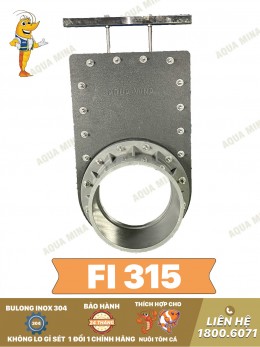
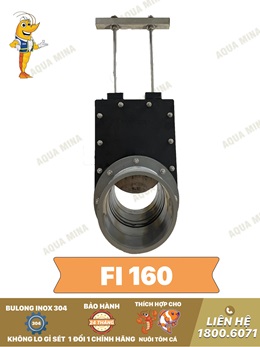
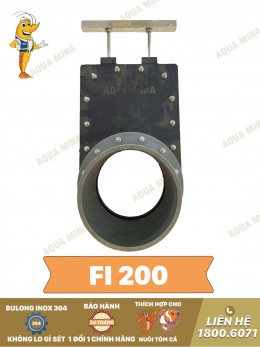
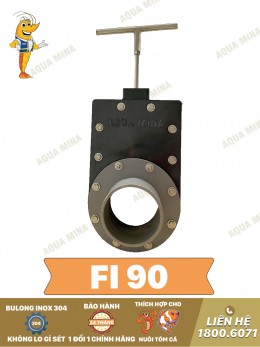
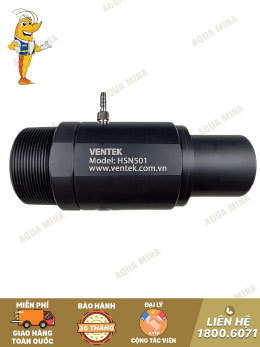
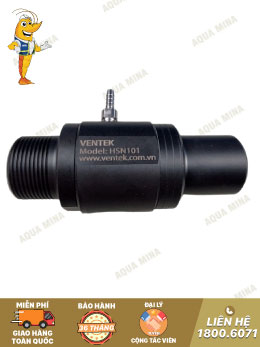
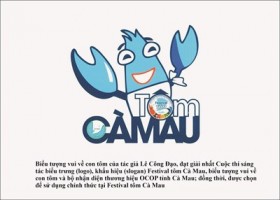
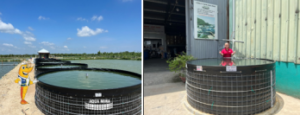
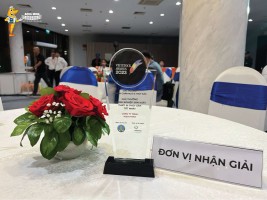
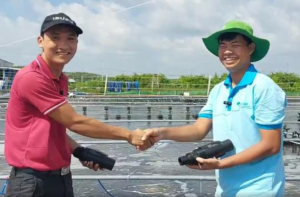
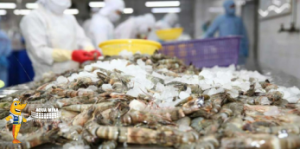
.jpg)